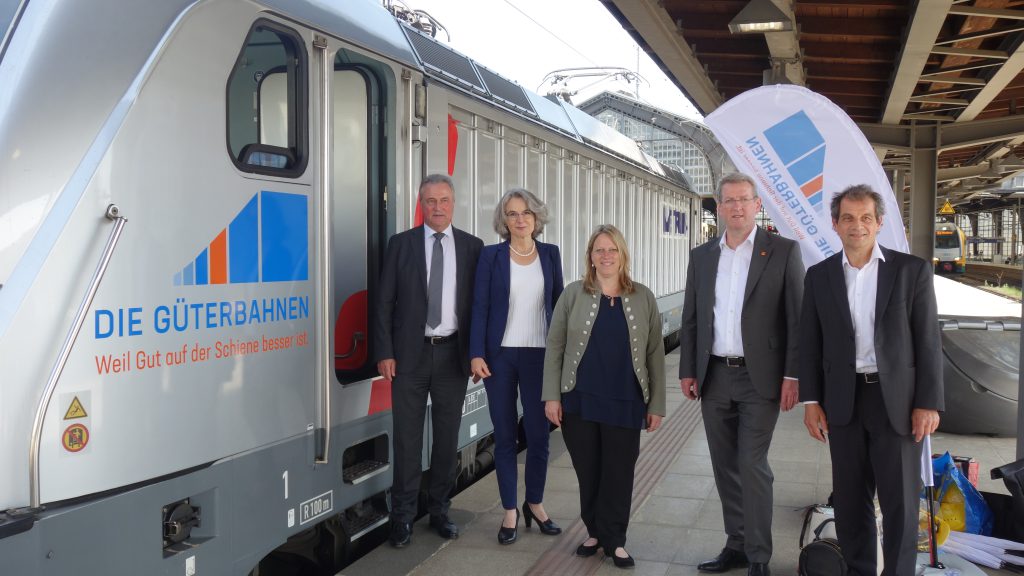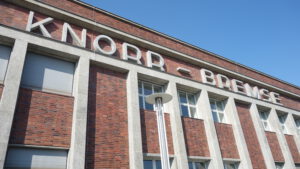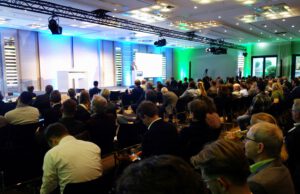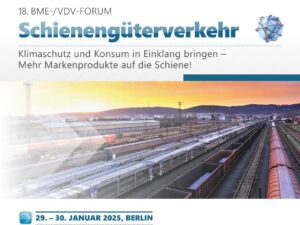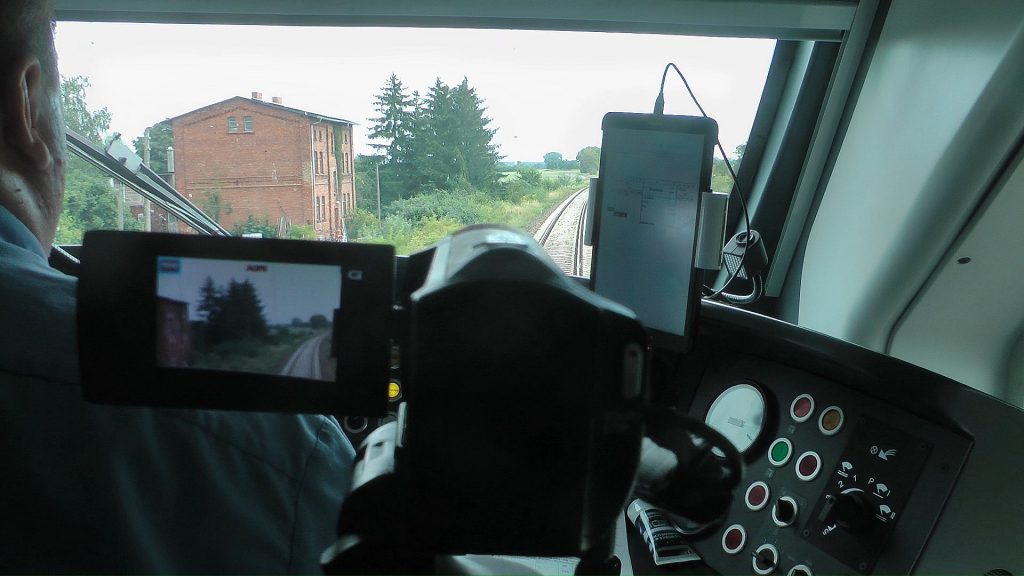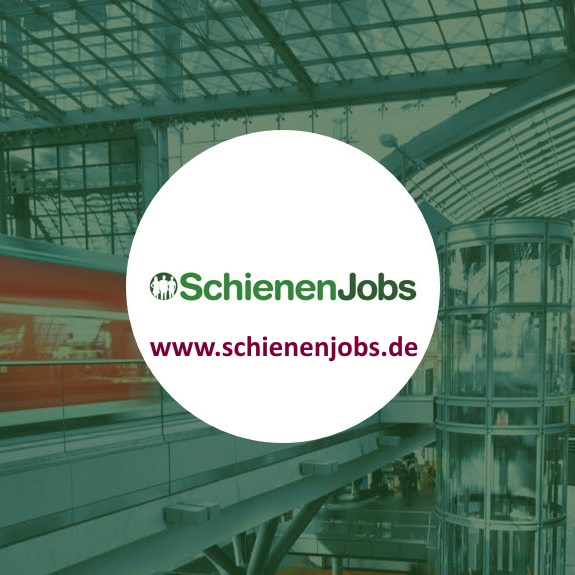Westenberger explained for the Network of European Railways (NEE) e.V. that the federal government’s goal – 25 percent rail market share in freight transport by 2030 compared to 20 percent currently – is a goal for politicians and the entire industry.60 percent of today’s market and the growth mentioned below would be borne by the GÜTERBAHNEN that do not belong to Deutsche Bahn (DB).
Westenberger further formulated: “The GÜTERBAHNEN welcomes the fact that the BDI boss is digging deep into the wounds of the government and the DB. New commissioning in the year ending: zero kilometers. Nevertheless, the GÜTERBAHMEN were able to increase rail transport performance by almost 30 percent from 2010 to 2021. We warn against reducing Russwurm’s infrastructure criticism to the headline that the traffic light volume target, which is important in terms of climate and transport policy, cannot be achieved.
Because the BDI boss demands that the government first do what is necessary for its own goals. Then shippers and railways would be able to increase the rail market share by five percentage points within the next seven years. Russwurm, like the GÜTERBAHNEN, demands that the government and DB finally switch gears and make the previously announced expansion of highly loaded routes and nodes a reality – alongside a high-quality renovation of the existing network. Russwurm gets to the point. We believe the government’s goal and even higher market shares in the years to come are feasible.”


